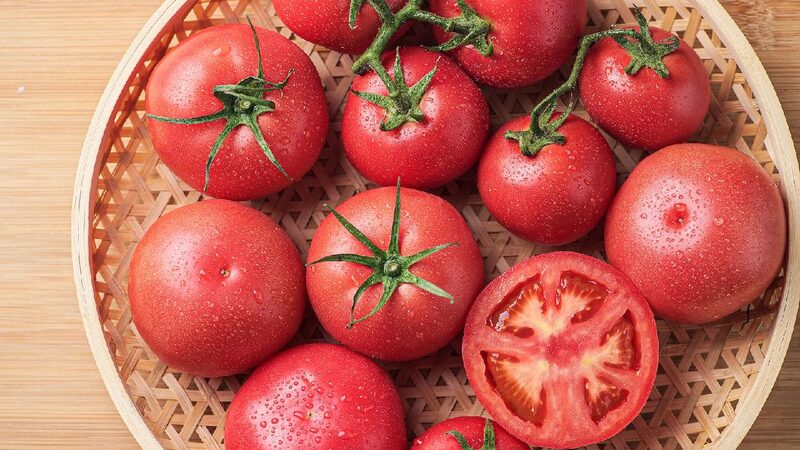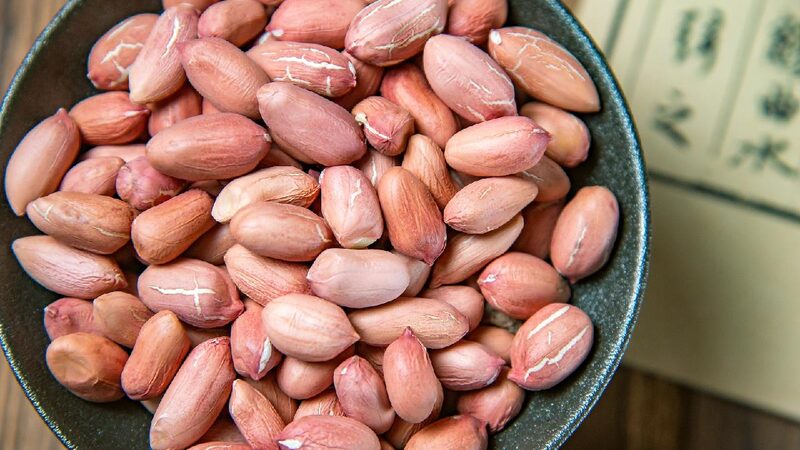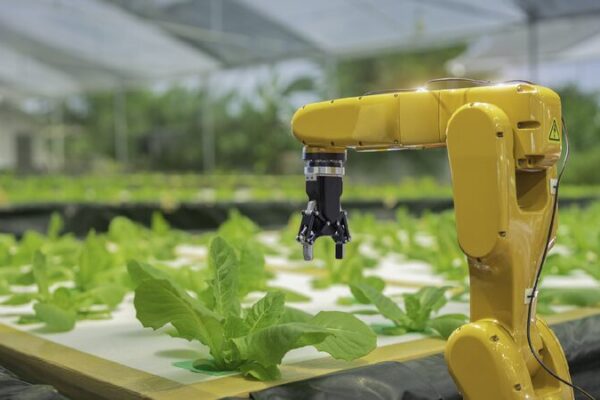Chinese scientists have achieved a breakthrough in developing climate-smart crops that can withstand the challenges of global warming.
As the planet warms, agriculture faces increasing threats from high temperatures, which can significantly reduce crop yields. Studies predict that a two-degree Celsius rise in global temperatures could amplify average crop losses by 3 to 13 percent, posing serious concerns for global food security.
In response to this looming crisis, researchers from the Institute of Genetics and Developmental Biology under the Chinese Academy of Sciences have discovered an innovative approach to enhance crop productivity under heat stress.
Using advanced gene-editing tools, the scientists inserted a heat-shock element into a tomato gene known as LIN5. This genetic modification boosts the gene’s expression when exposed to high temperatures, reducing sugar deficiency in the fruits and improving overall yield.
Field tests conducted in various seasons and locations, including both greenhouses and open fields, demonstrated remarkable results. The modified tomatoes showed yield increases of 14 to 47 percent under normal conditions and 26 to 33 percent during heat stress. Importantly, this strategy prevented 56 to 100 percent of the yield losses typically caused by high temperatures.
The team didn’t stop at tomatoes. Experiments on rice revealed that the same genetic engineering method enhanced rice production by 7 to 13 percent in normal conditions and by 25 percent under heat stress, mitigating 41 percent of the yield losses associated with high temperatures.
“These experiments have effectively boosted crop climate resilience and ushered in a new era of climate-smart high-yield and stable crop design,” the researchers said in their study, recently published in the journal Cell.
This groundbreaking work offers a promising solution to the global challenge of ensuring food security in the face of climate change. As nations strive to meet the targets set by the Paris Agreement—to limit global warming to well below 2 degrees Celsius above pre-industrial levels—innovations like these are critical.
Reference(s):
Chinese scientists pioneer climate-smart crops to fight global warming
cgtn.com








